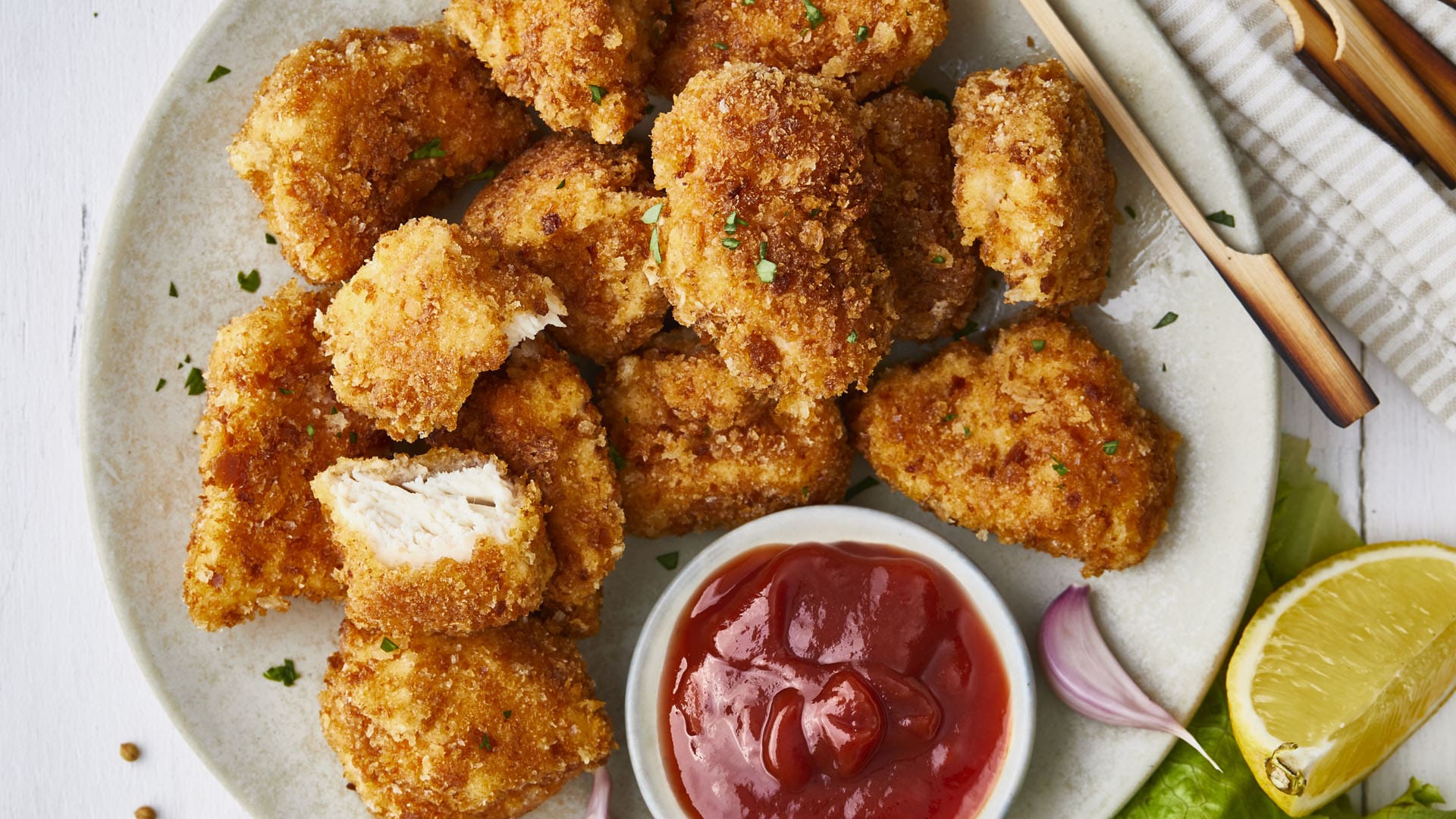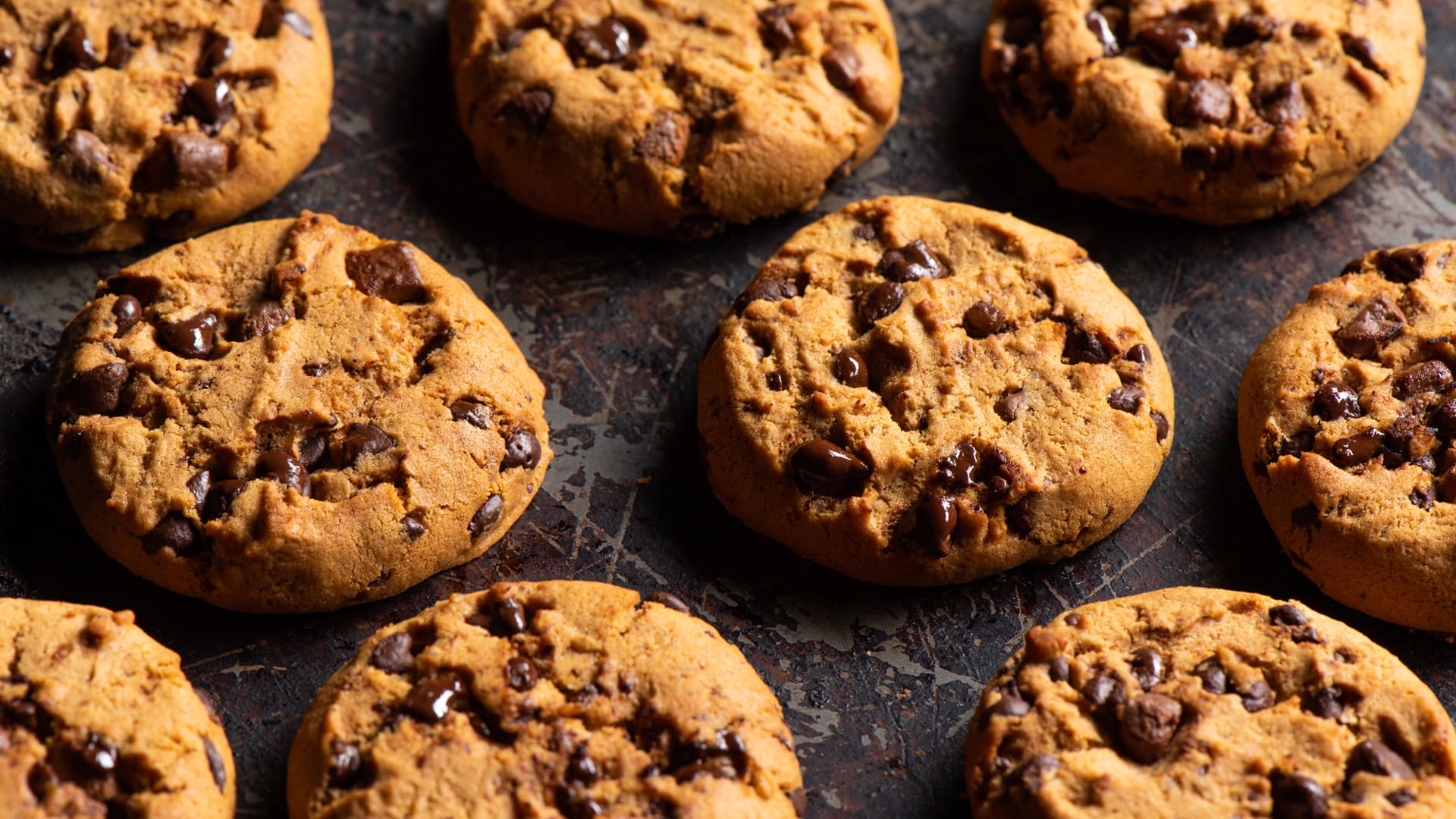Internationally, there are different approaches to allowing oats in the gluten-free diet. In places that do allow oats, only those free of gluten contamination (‘pure’ oats) are recommended for people with coeliac disease, as standard commercial brands of oats are often highly contaminated with wheat gluten. Australian and New Zealand food law does not currently allow oats to be labelled ‘gluten free’; this remains unchanged.
Coeliac Australia acknowledges that oats provide a range of nutritional benefits, some not found in other gluten-free grains. If you wish to add oats, we recommend you discuss oats with your medical team and follow the advice they suggest is best for you.
Oats offer a range of nutritional benefits.
The addition of pure oats to a gluten-free diet can help boost fibre intake, (especially β-glucans), enhance food choices and provide a range of beneficial nutrients, including quality vegetarian protein, soluble and insoluble fibres, vitamins and minerals. Oats have been associated with a range of positive health effects on metabolism and cardiovascular disease risk markers such as cholesterol, body weight, and blood sugar control in diabetes. Including pure oats can help to improve the variety and quality of your gluten-free diet and may even enhance your quality of life.
Pure oats are safe and well tolerated by the vast majority of people with coeliac disease.
The term ‘gluten’ is used to describe the grain storage proteins from wheat, rye and barley that are toxic to people with coeliac disease. There is a similar protein in oats called avenin. However, oats are less toxic to people with coeliac disease because there is not much avenin in oats, and avenin itself is less likely to trigger harmful immune responses compared to wheat, rye and barley.
A very small number of people with coeliac disease do react to pure oats.
Studies show that most people with coeliac disease can safely tolerate pure oats and do not develop adverse symptoms or intestinal damage. Adverse effects, such as unpleasant symptoms or intestinal damage, are estimated to occur in less than 10% of people with coeliac disease. There is currently no way to predict which people with coeliac disease will tolerate or react to pure oats, so individual medical advice and follow-up is recommended.
Introducing Pure Oats.
If you are considering introducing pure oats to your gluten-free diet, it is important you discuss this with your medical team. A small bowel biopsy pre and post challenge has previously been prescribed as an essential part of the 3-6 month oat challenge. While biopsies may still be appropriate in some people, it is important that there be individual discussion with your medical team to determine the best way to monitor oat tolerance for you.
Which oats?
Only oats specially-produced to be free of wheat, rye and barley contamination can be suitable for those with coeliac disease. There is currently no legislation in Australia mandating what these uncontaminated oats should be called. This can make it difficult to confidently identify oats that are suitable.
In Europe, the UK, Canada and North America, oats can be marketed as ‘gluten free’, if the contamination with wheat, rye or barley grains is measured to be less than 20 ppm (parts per million), which is in line with the international gluten free food standard.
Food Standards Australia New Zealand (FSANZ) legislate that oats cannot be labelled as gluten free in Australia or New Zealand. To distinguish specially produced oats, grown and packaged to reduce gluten cross contact, from regular oats, producers use terminology such as ‘wheat free’, ‘low gluten’, ‘uncontaminated’ or ‘pure’. These claims are not regulated and do not necessarily mean the product is suitable for someone with coeliac disease wanting to trial oats. For example, ‘wheat free’ may be used on a product where rye and/or barley contamination may still be an issue and therefore will be declared in the ‘May Contain’ statement on the label.
If you wish to trial oats:
- Have a discussion with your medical team and follow their advice to determine whether or not you tolerate oats.
- If your medical team is happy for you to eat oats, then look for specially produced oats labelled
-
Wheat free, pure, uncontaminated or low gluten
-
There should be no ‘may contain’ statement for wheat, rye or barley
-
Check the brand websites, or contact manufacturers, to determine if they test for gluten cross contact and if this is below 3-5 ppm or the international standard of 20ppm.
Health Advocacy Officer
Please read our oats frequently asked questions for more information
Revised: July 2025
Download Now





